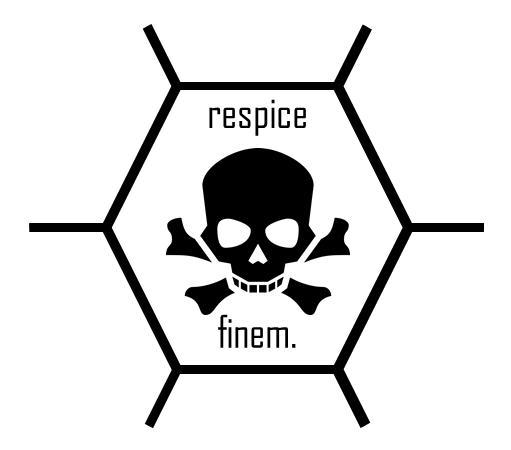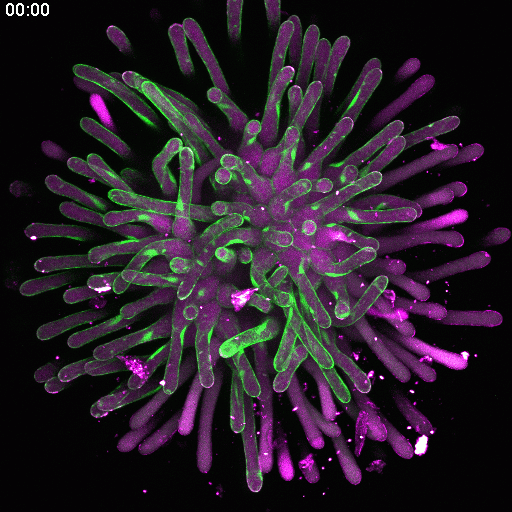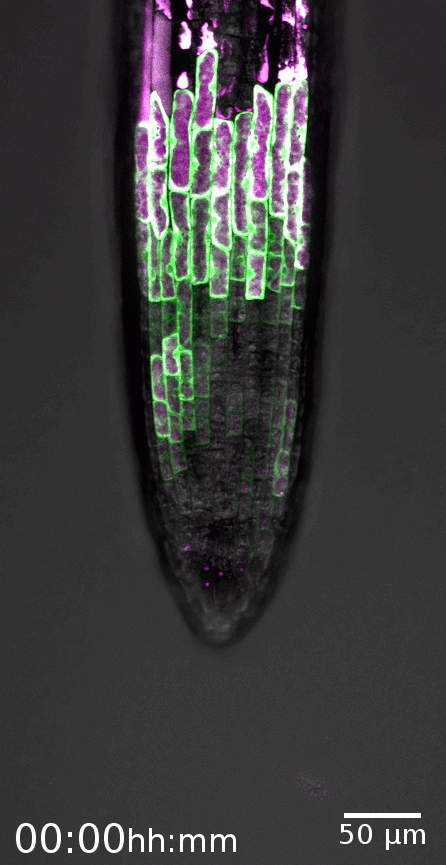Programmed cell death (PCD) is a fundamental biological process denoting the genetically encoded, actively controlled suicide of a cell.
PCD had its evolutionary origins already billions of years ago in bacteria that defended their clonal colonies against viral attacks by sacrificing individual cells for the greater good of the colony. With the evolution of complex multicellular organisms, PCD has adopted a multitude of functions in physiological and pathological development.
In both animals and plants PCD is a fundamental concept of development. Forms of developmental PCD occur throughout plant development, and are crucial for plant growth and reproduction. Defects in the molecular genetics control of PCD can cause severe developmental aberrations and conditions.
The significance of PCD for human health has been recognized decades ago, and today we have a detailed understanding of the molecular regulation of apoptosis and some other forms of animal PCD. In plants however, we still know comparatively little about PCD – despite the fact that different forms of PCD occur throughout plant life, and many of them are critical for plant health and fitness, as well as for successful growth and reproduction.
The significance of PCD for human health has been recognized decades ago, and today we have a detailed understanding of the molecular regulation of apoptosis and some other forms of animal PCD. In plants however, we still know comparatively little about PCD – despite the fact that different forms of PCD occur throughout plant life, and many of them are critical for plant health and fitness, as well as for successful growth and reproduction.
Our lab is interested in the molecular control of plant PCD during vegetative and reproductive development. Dozens of different cell types, tissues, and organs execute a tightly regulated, actively controlled cell death in the course of their differentiation and development. We identified several commonly expressed plant cell death markers, suggesting that a conserved PCD core machinery controls initiation and execution of cell death in diverse developmental contexts.
Using cutting edge molecular-, (single) cell- and systems-biology approaches, we are unravelling the mechanisms that control preparation, initiation and execution of plant PCD as an inherent part of cellular differentiation. Most research is performed in the framework of vegetative and reproductive development of the model plant Arabidopsis thaliana, but additionally, we investigate PCD during fertilization and seed set of maize or corn (Zea mays) as an important seed-producing crop plant.
Using cutting edge molecular-, (single) cell- and systems-biology approaches, we are unravelling the mechanisms that control preparation, initiation and execution of plant PCD as an inherent part of cellular differentiation. Most research is performed in the framework of vegetative and reproductive development of the model plant Arabidopsis thaliana, but additionally, we investigate PCD during fertilization and seed set of maize or corn (Zea mays) as an important seed-producing crop plant.


